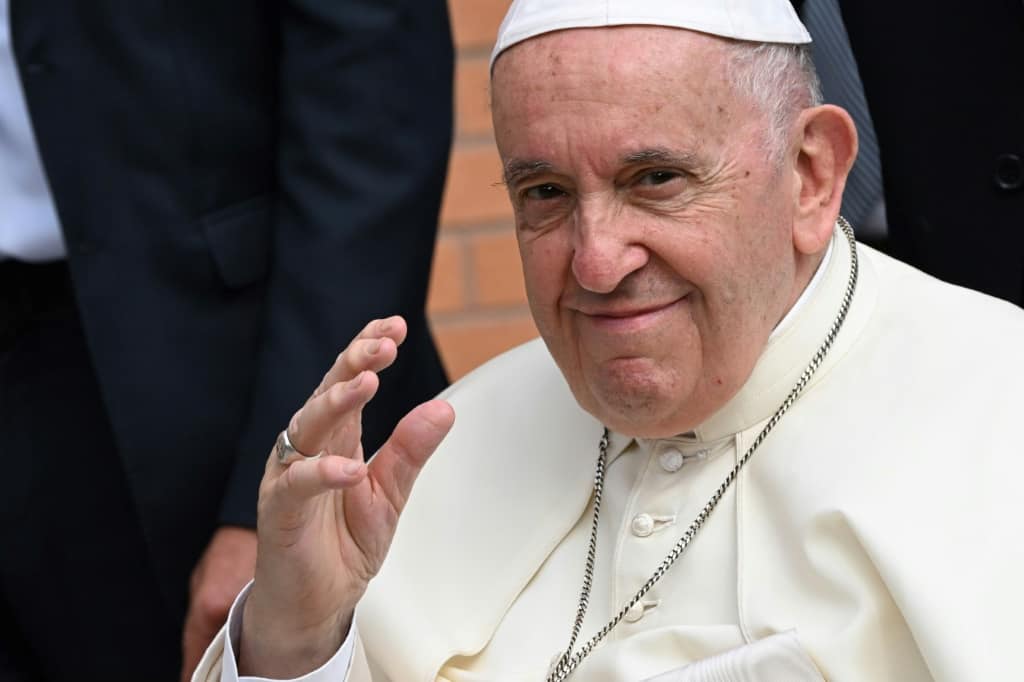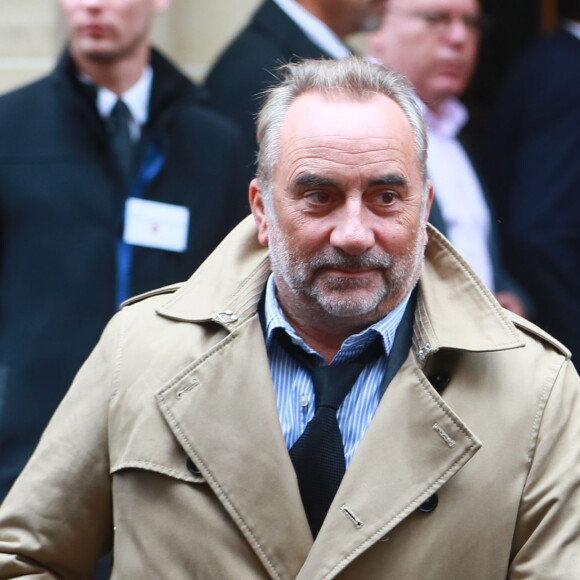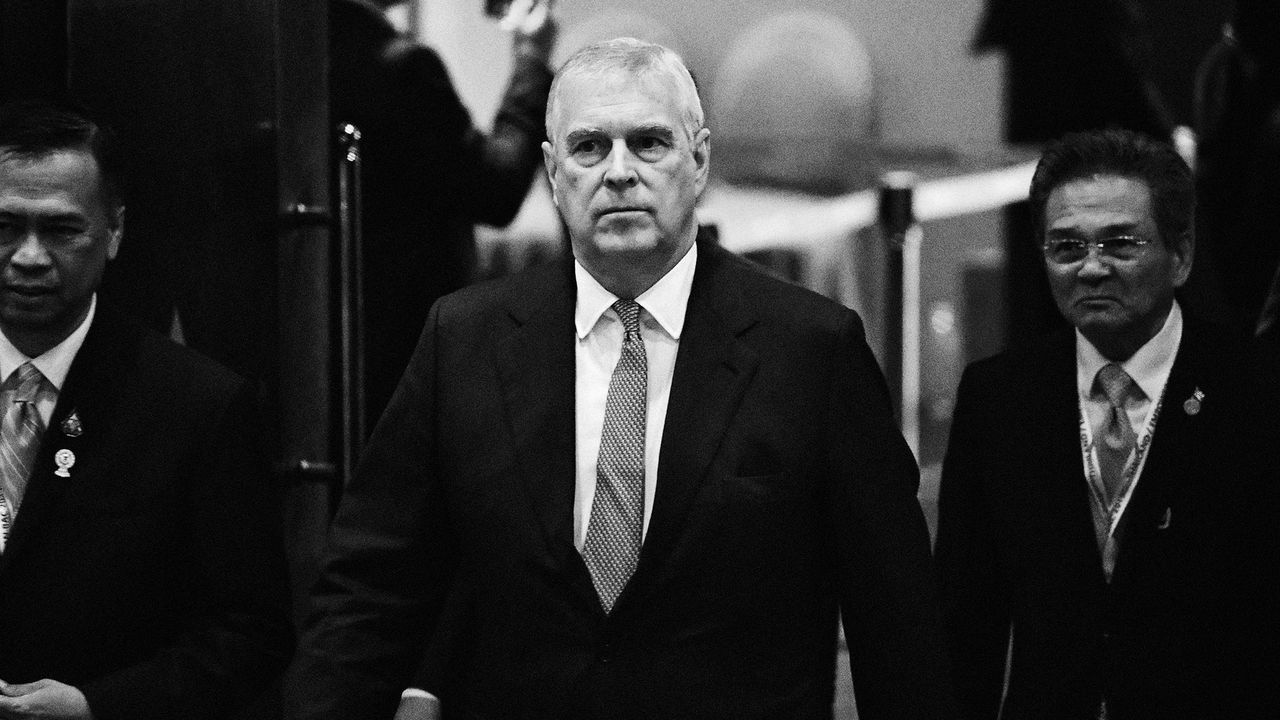Who Will Be The Next Pope? Analyzing Potential Cardinals

Table of Contents
Key Factors Influencing the Papal Election
The selection of the next Pope is a multifaceted process, influenced by several key factors. The cardinals consider a delicate balance of various aspects to ensure the future leader can effectively guide the Church.
-
Geographical Representation: Maintaining a balance of power between different regions (Europe, North America, Latin America, Africa, Asia) is crucial. A Pope needs to represent the global nature of the Catholic Church and address the unique challenges faced in each region. The geographic origin of the next Pope will be a subject of much discussion and speculation leading up to the conclave.
-
Theological Viewpoints: The cardinals consider both conservative and progressive theological viewpoints. The next Pope's approach to issues like liturgy, social justice, and ecumenism will greatly shape the future direction of the Church. The balance between upholding tradition and adapting to modern challenges is a vital consideration.
-
Administrative Experience: Proven leadership and administrative capabilities are essential qualities. Managing the Vatican's vast bureaucracy and leading the global Catholic Church requires significant experience and organizational skills. The next Pope will need to demonstrate a strong ability to manage complex administrative tasks and relationships across the globe.
-
Global Recognition and Respect: The next Pope needs to command respect and influence within the Catholic Church and beyond. Their ability to engage in interfaith dialogue and represent the Church on the world stage is crucial. Global standing and influence will be essential in navigating complex global issues and fostering interfaith cooperation.
-
Age and Health: While not the primary factor, the age and health of potential candidates are practical considerations that affect the length of a papacy. The cardinals need to select a leader who can fulfill the demanding role for a considerable period.
Leading Contenders for the Next Pope (Analyzing Potential Cardinals)
While predicting the next Pope is inherently speculative, several cardinals consistently emerge as potential contenders. Analyzing their profiles provides insight into the possible directions the Church might take. (Note: Due to the sensitive nature of papal elections and the potential for rapidly changing circumstances, specific names are omitted here. Consult reputable news sources for up-to-date information on potential candidates.)
[Cardinal's Name] - A Profile (Example)
- Nationality: Italian
- Age: 68
- Key Positions Held: Prefect of the Congregation for the Doctrine of the Faith, Archbishop of [Archdiocese]
- Theological Leanings: Considered to be a moderate, balancing traditional teachings with a willingness to engage in dialogue on modern issues.
- Strengths: Extensive theological knowledge, strong administrative skills, respected within the curia.
- Weaknesses: Some criticism for a perceived lack of engagement with certain social justice issues.
- Potential Obstacles: His relatively reserved personality might be perceived as a disadvantage in a role requiring significant global engagement.
(Repeat this section with similar profiles for 2-4 additional potential cardinals. Remember to replace the bracketed information with real details from credible sources when writing the actual article.)
Understanding the Papal Conclave: The Election Process
The papal conclave is a deeply secretive process, shrouded in tradition and significant security measures.
-
Location and Security: The conclave is held in a secure location within the Vatican, ensuring the privacy and safety of the cardinals during the election process. Strict protocols and security measures are in place to maintain confidentiality.
-
The Role of the Cardinals: The cardinals gather in the Sistine Chapel to elect the new Pope through a series of ballots. Each cardinal casts a secret vote, and the process continues until a candidate receives a two-thirds majority.
-
The Significance of a Two-Thirds Majority: This requirement ensures broad support for the new Pope, fostering unity and stability within the Church. It reflects the importance of consensus in selecting a leader for the global Catholic community.
-
The Announcement of the New Pope: Once a two-thirds majority is reached, the announcement is made publicly from the balcony of St. Peter's Basilica, traditionally with the words "Habemus Papam!"
Predicting the Future: Trends and Speculation
Several emerging trends and global events could influence the election of the next Pope.
-
Challenges Facing the Catholic Church: Declining numbers in some regions, internal divisions on various theological and social issues, and adapting to a rapidly changing world present significant challenges for the next Pope.
-
Influence of Global Issues: Climate change, social justice concerns, political polarization, and migration are just some of the global issues that will significantly impact the papacy. The next Pope will need to address these complex issues with sensitivity and wisdom.
-
Potential Directions for the Future Papacy: The future papacy could see a greater emphasis on interfaith dialogue, social justice initiatives, or a renewed focus on traditional teachings. The chosen path will depend heavily on the cardinals' assessment of the Church's current needs and the strengths of each potential candidate.
Conclusion
The election of the next Pope is a complex and significant event, shaped by numerous factors. While predicting the outcome with certainty is impossible, analyzing potential cardinals and understanding the dynamics of the papal conclave provides valuable insight into the process. This analysis has highlighted key contenders, influential factors, and the process itself, offering a clearer picture of the challenges and opportunities awaiting the next leader of the Catholic Church. Stay informed about the evolving situation and continue to follow the news surrounding the election of the next Pope. Further research into the lives and careers of individual cardinals will provide a deeper understanding of the complex decision-making process that will determine who will be the next Pope.

Featured Posts
-
 Antoine Dulery Critique Jean Luc Delarue Il N A Pas Ete Sympathique
May 11, 2025
Antoine Dulery Critique Jean Luc Delarue Il N A Pas Ete Sympathique
May 11, 2025 -
 Dance Track Ill House U Featuring Andrea Love Neal Mc Clellands Latest Release
May 11, 2025
Dance Track Ill House U Featuring Andrea Love Neal Mc Clellands Latest Release
May 11, 2025 -
 Prince Andrew Faces Further Scrutiny Following O Keefe Investigation
May 11, 2025
Prince Andrew Faces Further Scrutiny Following O Keefe Investigation
May 11, 2025 -
 Fremont Wolf River Firefighter Receives National Honor
May 11, 2025
Fremont Wolf River Firefighter Receives National Honor
May 11, 2025 -
 The Weight Of Expectations Jessica Simpsons Struggle Alongside Pop Icons
May 11, 2025
The Weight Of Expectations Jessica Simpsons Struggle Alongside Pop Icons
May 11, 2025
